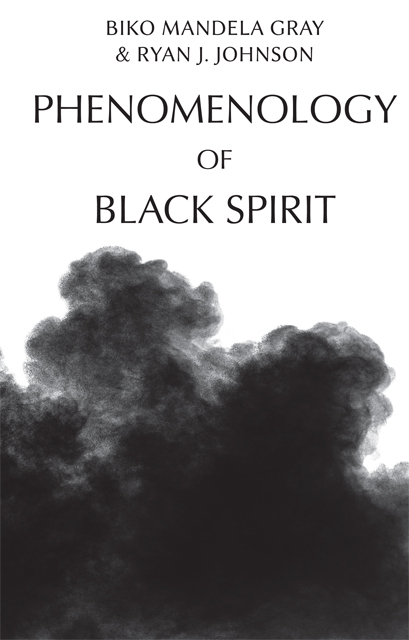1 - Master-Slave Dialectic
Published online by Cambridge University Press: 10 August 2023
Summary
Everything must be absolute here.
– Frederick Douglass (BF 200)Wanting to Live: Hegel, Haiti, and the Master-Slave Dialectic
Let us begin with lines from the best-known passage in all of Hegel:
Since to begin with they are unequal and opposed, and their reflection into a unity has not yet been achieved, they exist as two opposed shapes [Gestalten] of consciousness; one is the independent [selbtständige] consciousness who essential nature is to be for itself, the other is the dependent [unselbtständige] consciousness whose essential nature is simply to live or to be for another. The former is lord [Herr], the other is bondsman [Knecht]. (PS 189)
It is possible, though perhaps difficult, to miss the profundity of these lines. One could forget that with the violence inherent in the two ‘shapes [Gestalten]’ Hegel was, of course, working out a logic. After all, this moment is merely one among many in a larger moment amongst others. As ‘shapes’, the lord and the bondsman are figures, forms advancing a dialectic. This moment keeps thought – Hegel’s, (white) philosophy’s, ours – moving along its course.
But let’s read closer – or, perhaps, let’s go back a section. ‘The Master, Herr’ and ‘the slave, Knecht’ are forms – ‘shapes’ – but they are not mere imaginary figments. Something real is bothering Hegel, something that has life-and-death implications. The ‘dependent [unselbtständige]’ shape of the bondsman’s consciousness didn’t begin as such. In fact, just a paragraph earlier, there wasn’t dependence. There were only two desires for independence – desires that were deadly.
Death certainly shows that each staked his life and held it of no account, both in himself and in the other; but that is not for those who survived this struggle. They put an end to their consciousness in its alien setting of natural existence, that is to say, they put an end to themselves, and are done away with as extremes wanting to be for themselves, or to have an existence of their own. But with this there vanishes from their interplay the essential moment of splitting into extremes with opposite characteristics; and the middle term collapses into a lifeless unity which is split into lifeless, merely immediate, unopposed extremes; and the two do not reciprocally give and receive one another back from each other consciously, but leave each other free only indifferently, like things. (PS 188)
Here Hegel announces an internal disturbance of the desire for independence and its lethal implications.
- Type
- Chapter
- Information
- Phenomenology of Black Spirit , pp. 27 - 72Publisher: Edinburgh University PressPrint publication year: 2022



